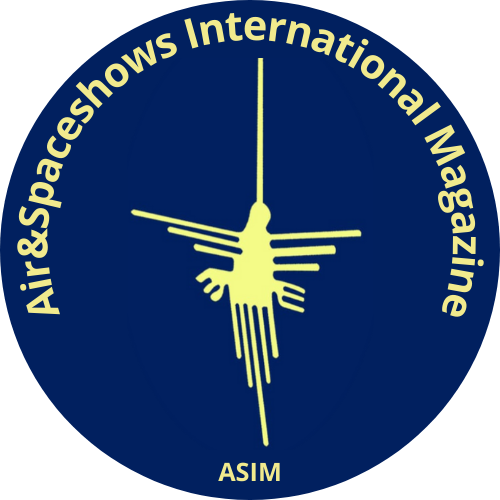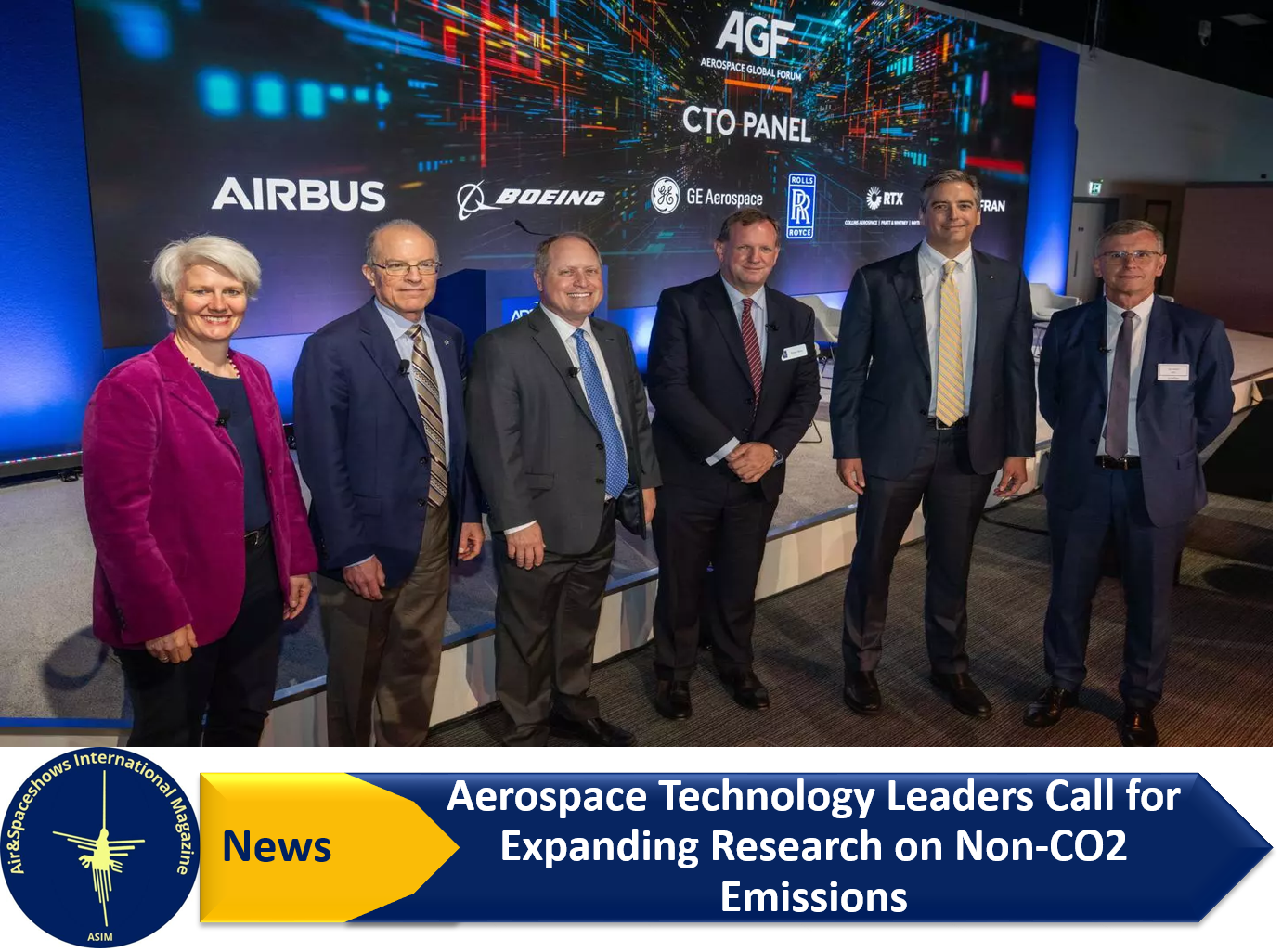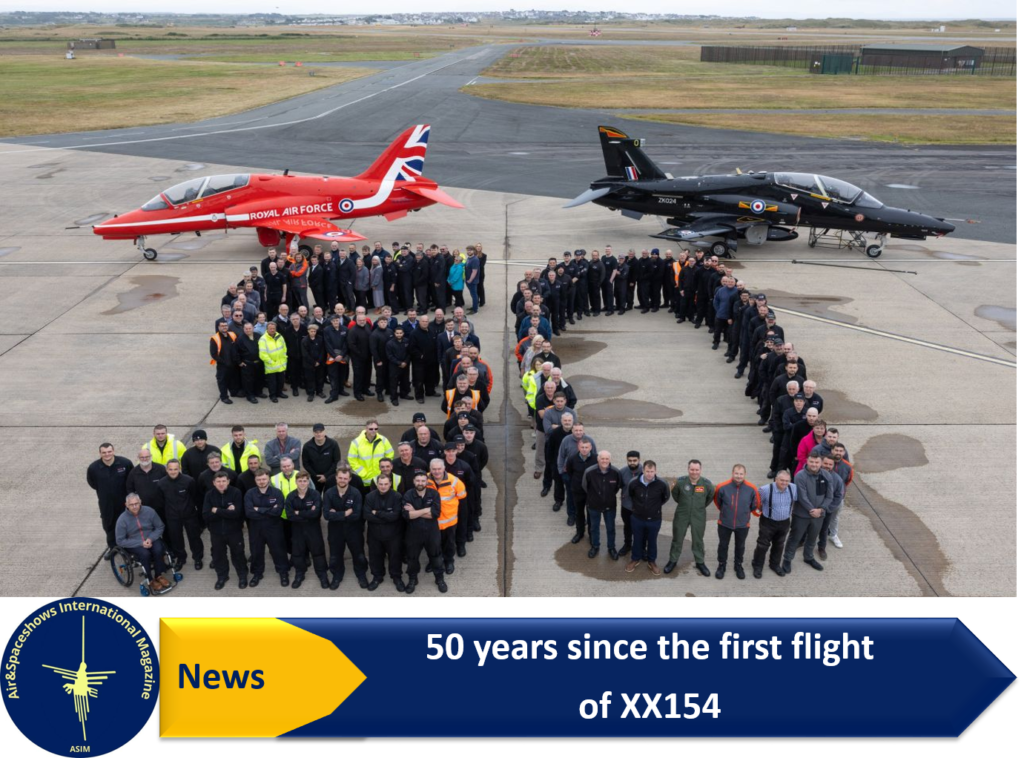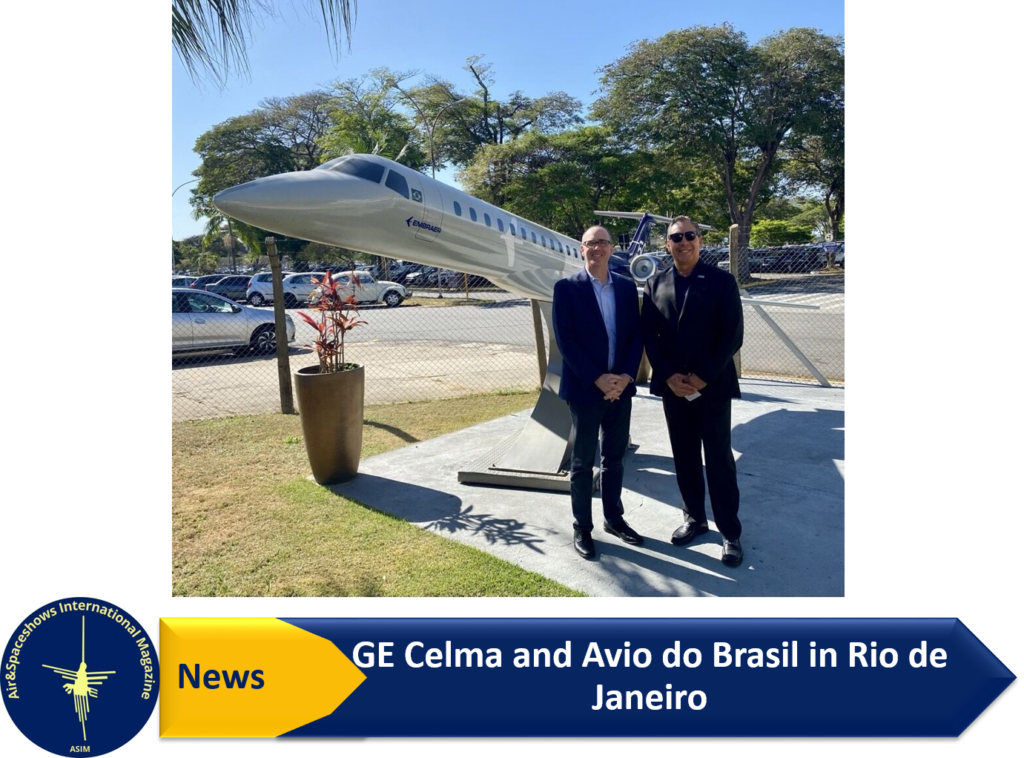ASIM, jul 27
As Chief Technology Officers representing various organizations, we endorse the civil aviation industry’s goal of achieving net zero CO2 emissions by 2050. At the Paris 2023 Air Show, we underscored the critical role of Sustainable Aviation Fuels (SAF), advanced aircraft technologies, and optimized operations in reaching this target. In addition to focusing on CO2 emissions, the sector is also intensifying efforts to address aviation’s non-CO2 effects, such as nitrogen oxides (NOx), sulfur, aerosols, soot, and contrails, through collaboration with research institutions and stakeholders.
Significant research and flight test initiatives are underway, including FAA-ASCENT, CLEEN, SESAR’s CICONIA, Airbus-led ECLIF3 and VOLCAN, and Boeing’s ecoDemonstrator Explorer projects. These efforts aim to enhance understanding of non-CO2 emissions and their climate impact, particularly concerning persistent contrails and NOx emissions, which are known to contribute to global warming. Current scientific studies have highlighted the uncertainty in estimating these impacts due to the complex interactions between emissions and atmospheric conditions.
We call for increased research funding to better understand and mitigate the effects of non-CO2 emissions. Our research priorities include improving knowledge of contrail formation, emissions properties, aerosol cloud interactions, and NOx emissions’ radiative impact. Additionally, we aim to develop common models for assessing aviation’s climate effects and explore the airspace network impacts of mitigation strategies. By working collaboratively with academia, government bodies, and industry partners, we strive to make substantial progress towards a more sustainable aviation sector.




